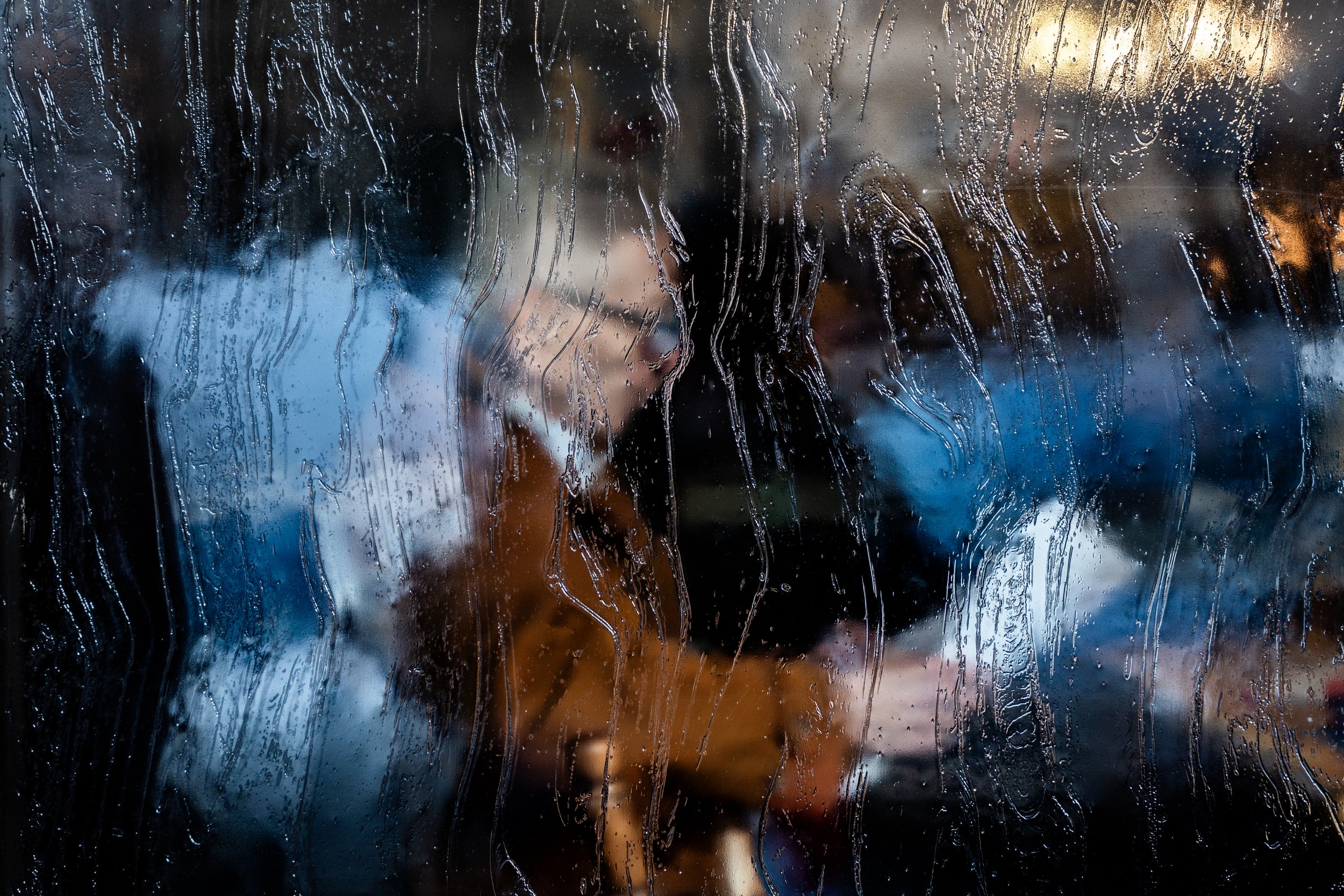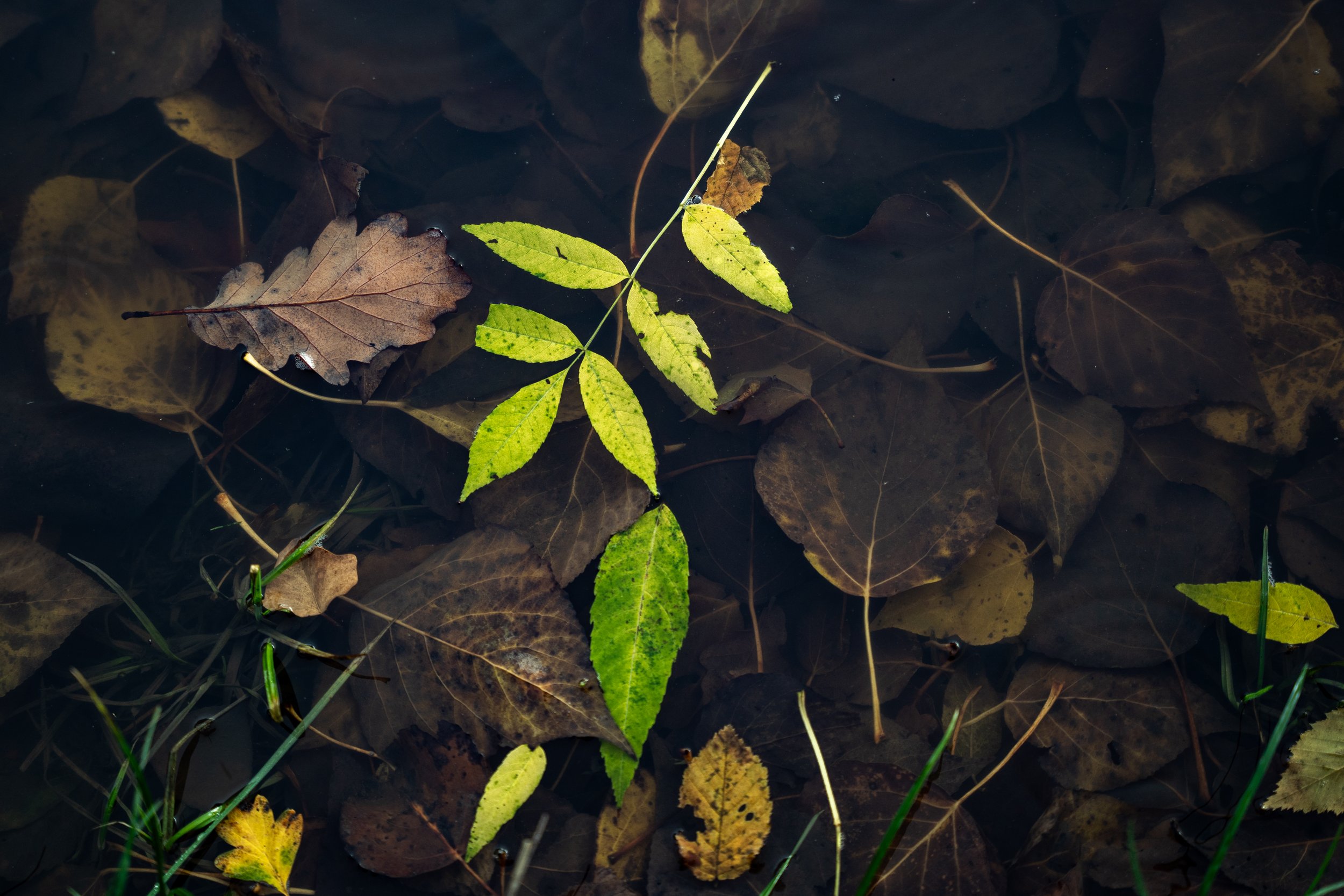Photography is Truly an Art Like No Other
I recently went on a reporting mission to capture the story of tugboats in the port of Hamburg. Standing on a deck, I attempted to photograph the crew's engineer through a cabin window. The shiny waves reflecting off the glass, bathed in sunset light, presented a surreal image in my viewfinder. It felt as though I was creating a collage. In that moment, I realized that photography truly is an art form unlike any other.
When a painter creates a beautiful painting, there are virtually no limits to what can be depicted. It is an incredibly skill-demanding craft, yet there is no limit to how abstract or realistic the piece can be. Everything can be adjusted, from perspective to colors, and from light to textures. Regardless of how realistic or fantastical the painting is, it's always a man-made creation. Photography is special because, although many of these aspects intuitively describe it, at the same time, they don't apply at all.
Photography is contradictory. It is human-made; the sensors are artificial, and the pictures are effectively just calculations programmed by humans. The same goes for film. There is nothing natural about this process; if there were, people would have been capturing photographs for centuries, but sadly, they weren't. Film and the chemistry needed to develop it are human-manufactured media. However, a photograph doesn't feel man-made. It feels like a piece of time and space you can hold.
In a way, photography is a process of looking at life as if it's a film, and you're trying to find the one frame that captures its essence. The search is obviously made harder by the fact that you cannot rewind the movie. It is also made difficult by the endless angles, focal lengths, and lighting conditions you must explore before finding the image you seek. Finding that photograph is akin to searching for gold: you know it must be somewhere; all you need to do is strike the vein.
Returning to the painting metaphor, photography is similar to traditional art forms because you are essentially assembling visual elements (many of them known from painting) to capture a specific emotion, making the image visually interesting in a particular way. What makes photography special, though, is that you can't really produce any of these elements yourself, unless we delve into a debate about artificial light, where the argument can become complex.
But if you're not in a studio, most of what you're working with was there before you picked up the camera. That's what's so fascinating. What adds to the mysteriousness of photography is that anyone can do it. You don't need a steady hand with a brush to find an image and click the shutter, yet good photographs are still so rare and unique.
Photography is simultaneously an act of creation and not. In essence, it's just walking around, zooming in and out with your lens, snatching a copy of spacetime that was already there, regardless of your intentions. But at the same time, when you're there with your camera, rotating it left and right, up and down, back and forth, until everything clicks, and you know you've captured 'the one,' you feel in your heart that you've created something from nothing. That feeling is the reason we're all so passionate about this strange, quirky, often contradictory form of art.









